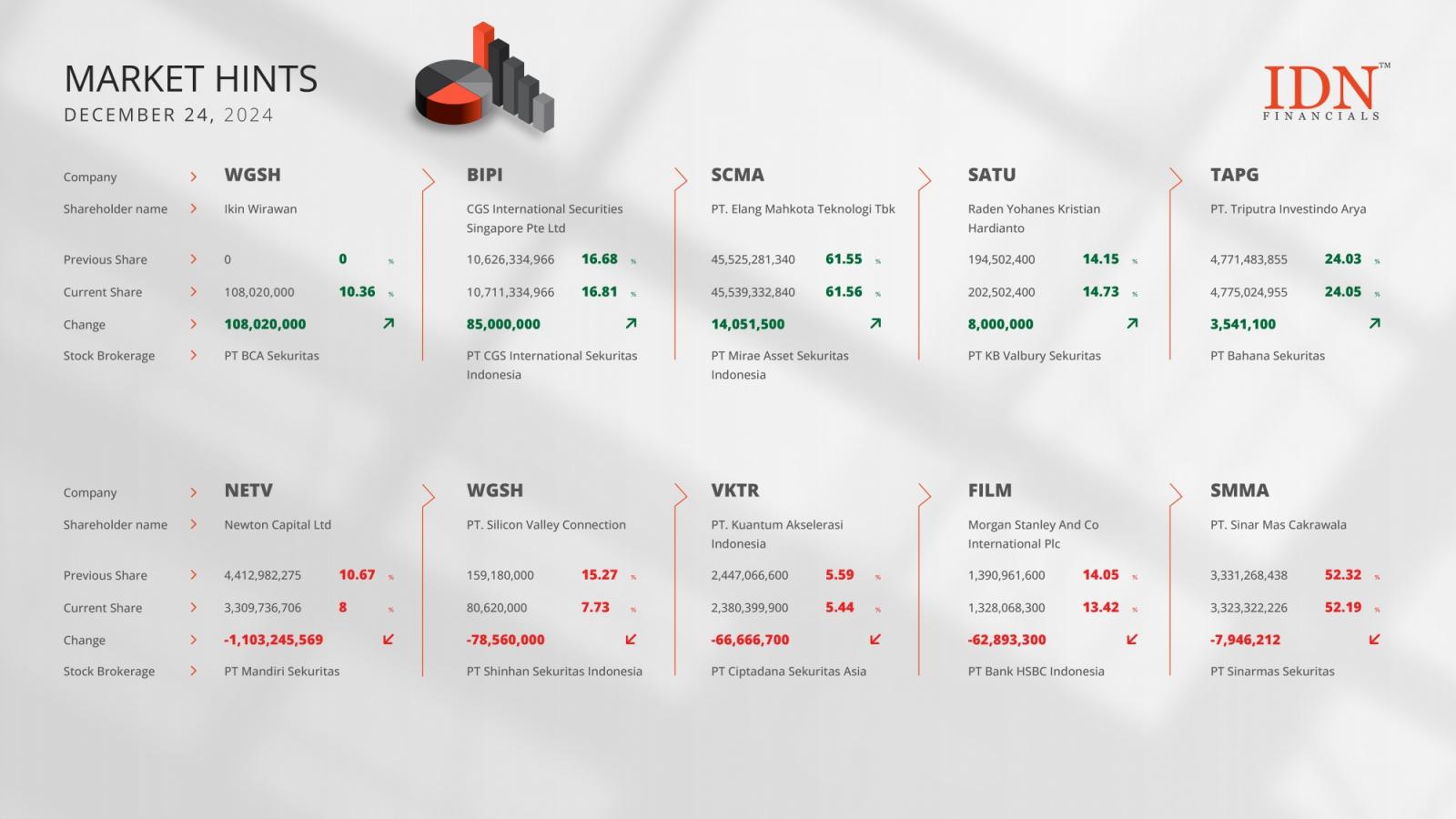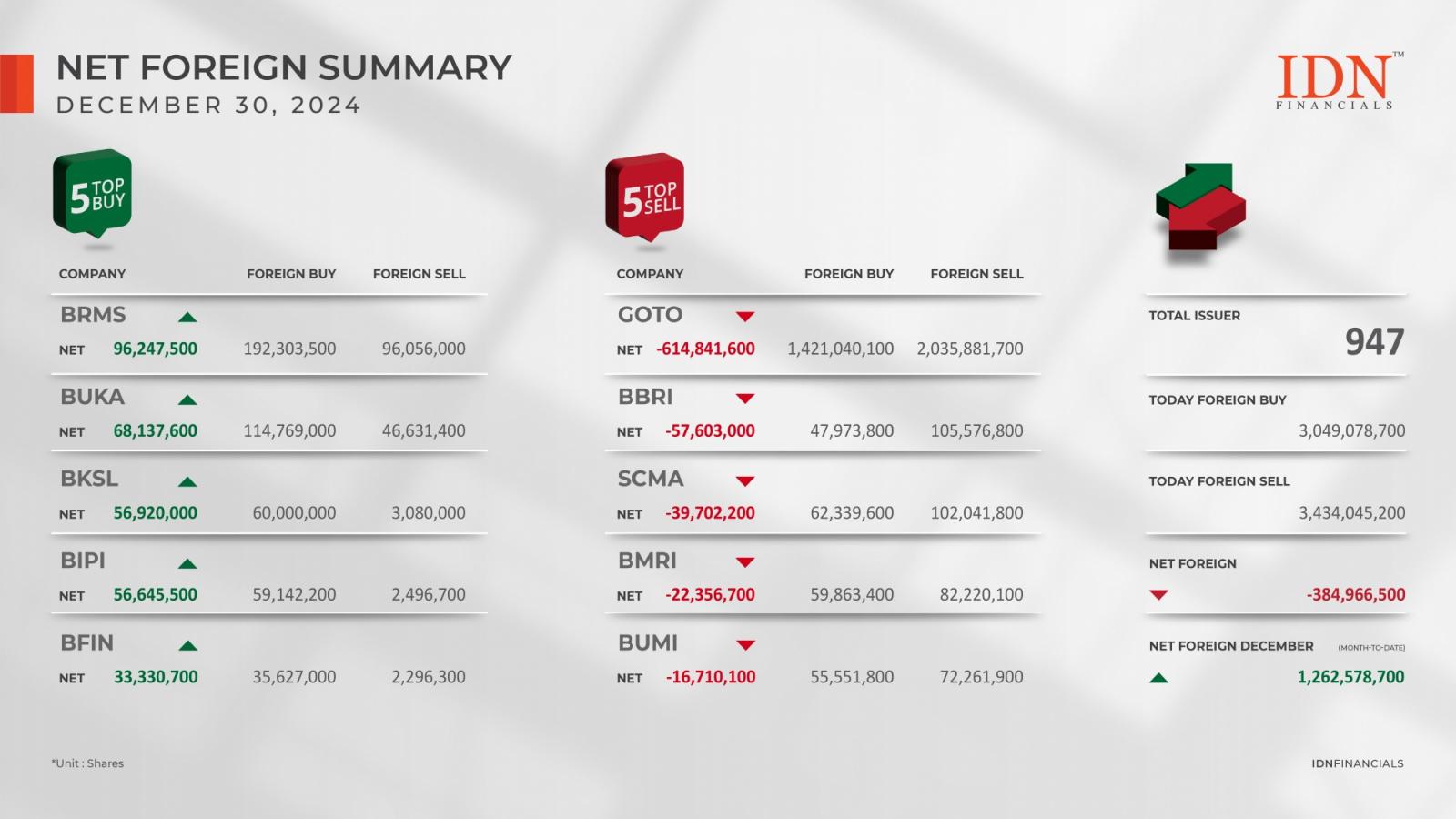The Securities and Exchange Commission (SEC) has charged prominent activist short seller Andrew Left and his firm, Citron Capital, with orchestrating a $20 million fraud scheme.
Left, has previously bet against Grayscale Bitcoin Investment Trust, allegedly made several false and misleading statements as part of a scheme deceiving followers.
The SEC’s complaint alleges that Left, who lives in Boca Raton, Florida, engaged in a multi-year operation designed to deceive his followers by disseminating false and misleading statements regarding his stock trading recommendations.
Left Used Citron Research Social Media to Short Stocks
Left used his Citron Research website and related social media platforms to publicly recommend long or short positions in 23 companies on at least 26 occasions, according to the SEC.
The known Bitcoin skeptic claimed these positions were consistent with his own and those of Citron Capital. However, the complaint alleges that after Left’s recommendations, the prices of the targeted stocks moved an average of over 12%.
Left and Citron Capital then allegedly reversed their positions to profit from the price moves they had instigated. Specifically, Left would buy back stocks immediately after advising his followers to sell and sell stocks immediately after advising them to buy.
“Andrew Left took advantage of his readers. He built their trust and induced them to trade on false pretenses so that he could quickly reverse direction and profit from the price moves following his reports,” said Kate Zoladz, Director of the SEC’s Los Angeles Regional Office.
“We uncovered these alleged bait-and-switch tactics, which netted Left and his firm $20 million in ill-gotten profits, and we intend to hold Left and his firm accountable for their actions.” said Zoladz.
SEC says Left Made Several False Statements
The SEC’s complaint further alleges that Left and Citron Capital made several false and misleading statements as part of their scheme.
For instance, the defendants claimed they would maintain a long position on a target stock until the price reached $65, but began selling when the stock hit $28.
Additionally, they misrepresented Citron Research as an independent research outlet that had never received compensation from third parties to publish information about target companies.
In reality, the complaint alleges, the defendants had compensation arrangements with hedge funds, said the SEC.





